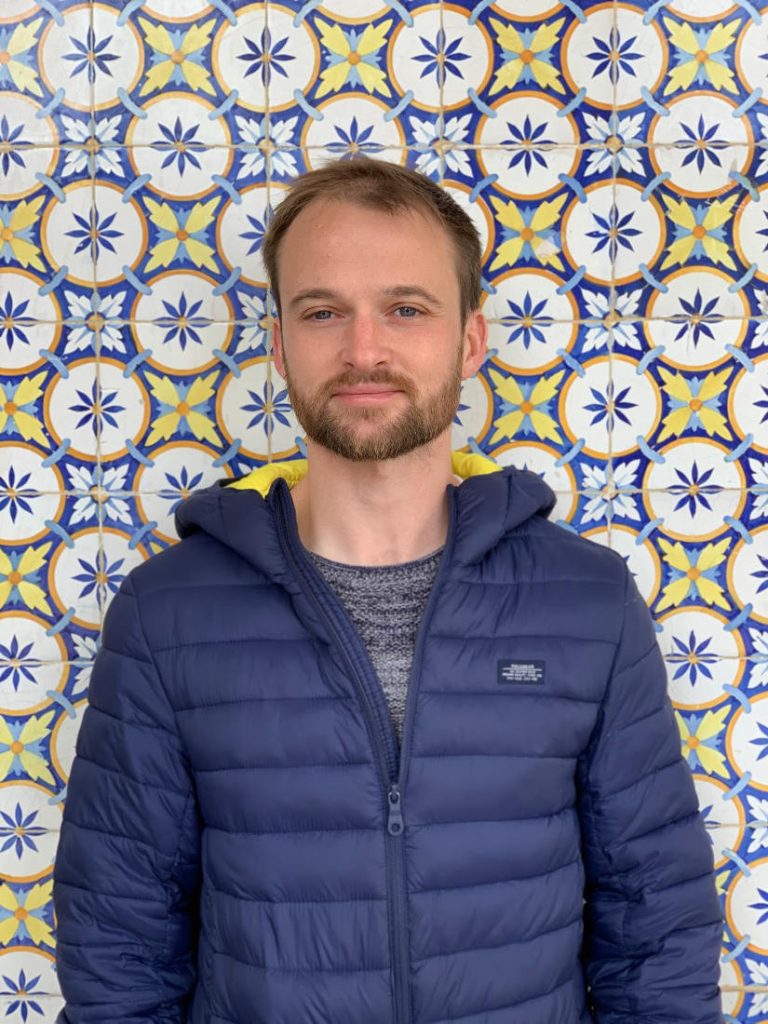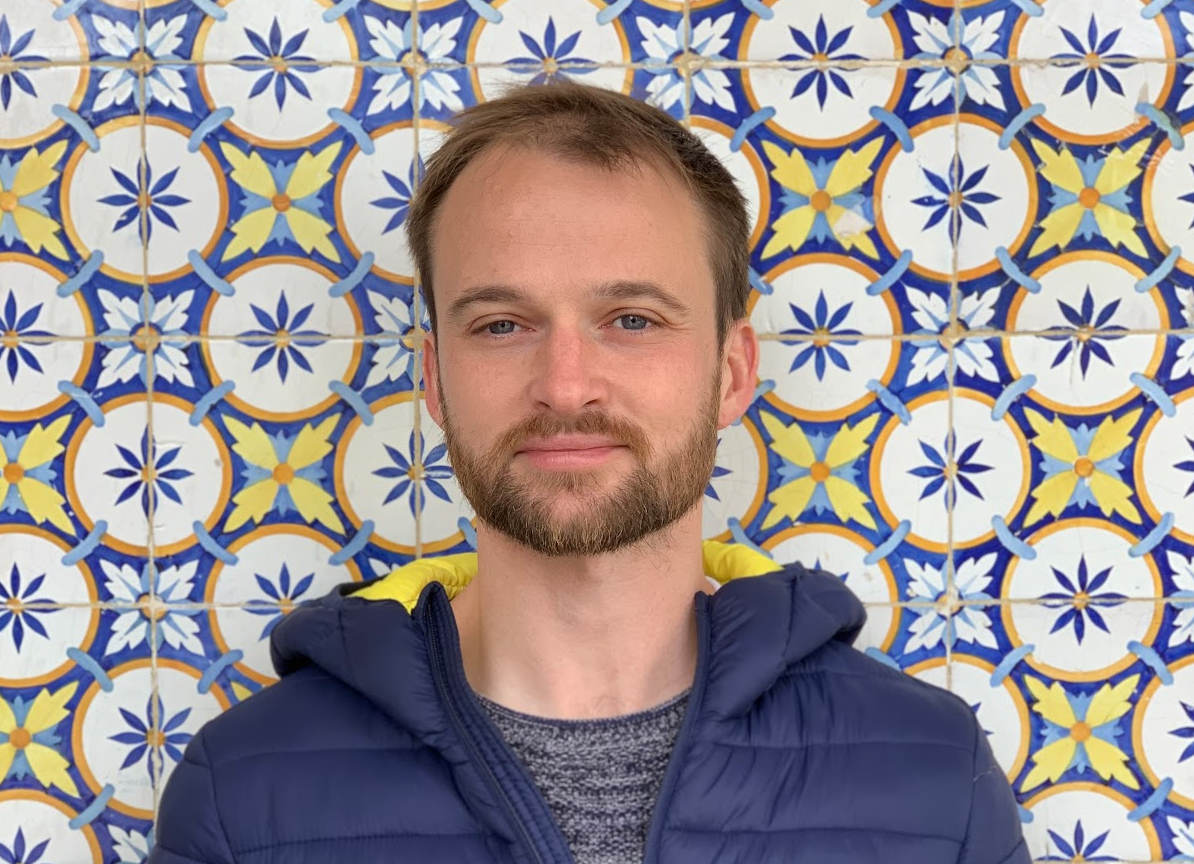Lisbon (ViaNews) – James Cave, born in Ireland, has been a ‘digital nomad’ for almost eight-years. A digital nomad is described as someone who makes a living with digital technology and lately many of them have been coming to Lisbon. Like James, many companies and entrepreneurs have come to Portugal to live and do business. Portugal is now a trendy and attractive location due to the country’s nice weather, flourishing entrepreneurial scene, and competitive cost of living. According to a Forbes article, Lisbon is one of five cities in the world where these digital nomads are now flocking
Cave also created a blog called Portugalist: an online guidebook about Portugal as stated on the website About page. As the name implies, Portugalist is an online travel guide that focuses solely on Portugal used by both tourists and expats alike. Cave provides recommendations on accommodations and things to do in while providing insights into Portuguese culture.
Portugalist is one of the biggest publication in its niche and has already been featured in publications such as Culture Trip and the Huffington Post.
In an interview with Via News, Cave revealed that Portugalist is “written by someone who knows Portugal and hasn’t written the articles after just spending a few days here.”
During his eight-year digital nomad experience, he spent time living in Europe (Germany, France, UK, Spain, and Portugal) and South Africa.
Challenges in the content website industry
Regarding the blog industry, Cave said the biggest challenge is getting content websites to be profitable. “Content websites can be tricky to monetize,” he said. He added that “it normally makes sense to write broader articles that people are searching for [what to do in Lisbon, for example] rather than writing something that’s unique and interesting but nobody would think to search for. This creates an industry where most sites produce the same content and rarely produce anything that’s new or unique.
It’s also an industry where big content websites are favored in the search engines. Someone with a very specific niche website, a website about camping in Portugal, for example, could easily be outranked by a big travel blog, travel website, or newspaper even if they’re the expert on that subject.”
Challenges in Portugal for young entrepreneurs
Cave said Portugal is: “facing a number of challenges at the moment, and many of them are the result of tourism.” He added that “property prices and rental prices have both increased significantly and, in places like Lisbon, are forcing many residents to have to move outside of the city center.”

Article 13
Cave also speaks on the controversy around Article 13, also known as the “Meme Ban”, which is a part of the European legislation aimed at updating copyright laws for the digital age. He says it “won’t have a huge impact on a website like Portugalist, but would if we allowed user-generated content like Facebook or YouTube.”
In general, he believes that if: “companies are going to be forced to police this, it’s going to add huge costs that would deter startups from competing in certain spaces. Less competition is almost always a bad thing.”
About the future development of Portugal’s tourism industry
Cave acknowledges that tourism in Portugal has increased in the past few years. He added: “faster than the government has been able to keep up with.”
“I think the government needs to start revoking Airbnb and short-term rental licenses and seriously fine those who are operating without a license. That would go some way to helping sort out the housing problem.”
To help solve the problem, his opinion is: “tourism boards also need to work with travel companies to promote other parts of Portugal so that the strain that places like Lisbon and Porto are experiencing may be reduced.”
Entrepreneurial Advice
Regarding entrepreneurship, Cave likes to listen to his intuition. “Business relationships, like normal relationships, are incredibly tricky. If your gut tells you no, I’d recommend listening to it. When it comes to people, it’s often right.”




